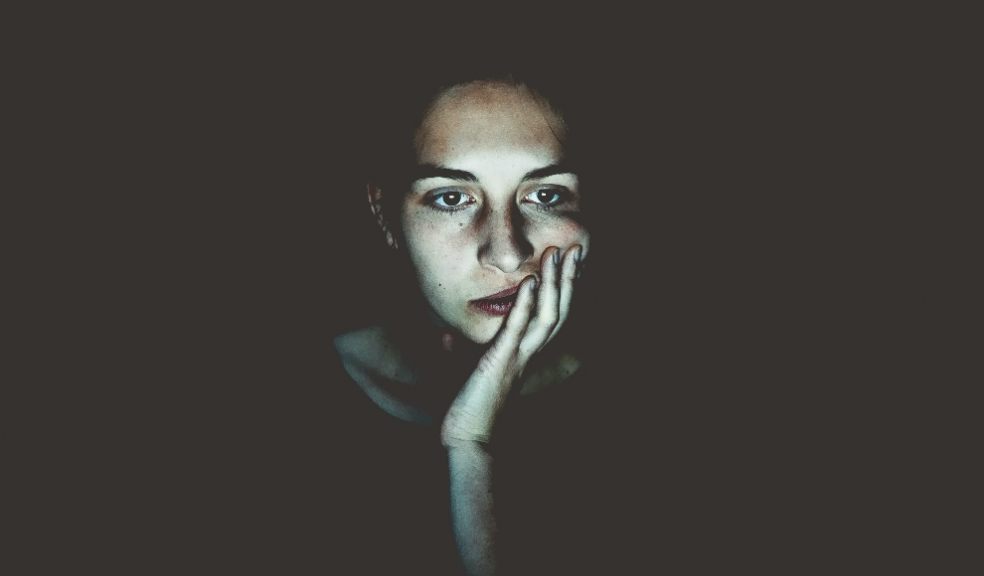
COVID-19 a driver of widespread gender inequality, study finds
Women are almost twice as likely as men to have lost their job and suffered an anxiety attack during lockdown, according to a study that reveals how COVID-19 has driven widespread gender inequality.
In a survey of 1,500 people representative of the UK population, researchers from the University of Exeter Business School found that lockdown has exacerbated gender inequality across most aspects of life, impacting on women’s mental health, employment and wellbeing.
The study revealed that around 1 in 4 women had experienced an anxiety attack in the previous two weeks, compared with around 1 in 7 men – a difference of 81%.
Women were also more likely to feel depressed or hopeless, and scored 6% higher on a loneliness indicator.
The outlook for women’s employment was also bleak: women were 96% more likely than men to have been made redundant because of the COVID-19 pandemic, with 8.6% of women reporting a job loss during lockdown compared with 4.4% of men.
Women were more likely to have seen a reduction to their working hours during lockdown, while at the same time taking on more childcare, home-schooling and housework responsibilities than men.
The authors, Professor Sonia Oreffice and Professor Climent Quintana-Domeque, said their research paints a “dramatic picture” of gender inequality under the COVID-19 lockdown.
“We believe that the gender dimension of COVID-19 should be on the radar of policy-makers, and call for more COVID-19 gender-related research and policy analysis,” said Professor Oreffice.
“Women represent half of the population, they are key to family structure and early human capital accumulation, and they are more vulnerable to domestic violence, poverty and single parenthood.”
The study also found that lockdown has led women to be more pessimistic about the future and fearful of the disease than men.
Women perceived COVID-19 to be more prevalent than men, and were 39% more likely to assume that those who tested positive would die of the disease.
They were more likely to think another outbreak or lockdown was inevitable by the end of 2020, and were also more concerned about getting the virus and spreading it.
Women were more pessimistic when asked to make forecasts for UK unemployment – predicting UK unemployment to rise to 8.4% by June 2021, compared with men’s average forecast of 7.3%.
And, in what the authors claim is consistent with more pessimistic views on the state of the UK economy, women were found to donate more to foodbanks than men.
The survey was conducted on 19 June so as to estimate gender differences after three months of lockdown.
The data gathered was representative of the UK population in regard to age, sex and ethnicity, and other variables such as income, employment status, family structure, geographical location and education were also taken into consideration.
Professor Oreffice added: “The gender gaps after three months of lockdown that we document in this paper are worrisome for the whole UK economy and deserve further scrutiny from the academic community and effective policy actions.”
The study reveals a picture of society in which women work less in paid jobs and are burdened with a disproportionately high share of housework and caring responsibilities.













